Welcome to TaLynn King Maine Coons, located in California & Georgia, where we specialize in raising purebred Maine Coon kittens. Our kittens are available for adoption to loving homes in Los Angeles to Atlanta and beyond.
In the pursuit of feline excellence, I have dedicated my life to the art and science of breeding Maine Coons. As a professional and highly trusted Maine Coon Breeder, I find immense joy and purpose in nurturing these magnificent creatures. My passion for this breed is not just professional; it’s a heartfelt commitment to preserving and enhancing the unique qualities that make Maine Coons the ‘Gentle Giants’ of the cat world.
My breeding program is grounded in:
I adhere strictly to the standards set by The International Cat Association (TICA), ensuring that every decision made is for the betterment of the breed’s health, temperament, and physical attributes. My work is a testament to the TICA Code of Ethics.
Each breeding cat undergoes comprehensive health screenings, including DNA testing for genetic disorders like Hypertrophic Cardiomyopathy (HCM), PKD, and more. The test Results for 49 different genetic defects is attached under the King or Queen. This commitment and transparency to health means our kittens start life with the best possible genetic foundation.
Maine Coons are renowned for their friendly and sociable nature. My breeding program focuses on enhancing these traits, ensuring that each kitten is not only beautiful but also has a personality that endears them to every family member.
I believe in educating potential owners about the responsibilities and joys of owning a Maine Coon. From care tips to understanding the breed's history, my role extends beyond breeding to being an advocate for responsible pet ownership.
My relationship with the kittens doesn't end at adoption. I provide a one-year health guarantee and am always available for advice or support throughout their lives. My goal is to foster a community of Maine Coon enthusiasts who share in the love for this breed.
While I cherish the traditional traits of Maine Coons, I also explore innovative breeding techniques to improve the breed's resilience, intelligence, and adaptability, without compromising their inherent charm.
As a Maine Coon Breeder, I live and breathe this enchanting breed. My work is a blend of science, love, and dedication, aiming to bring joy to others through these extraordinary cats while contributing positively to the breed’s future. Whether you’re looking for a pet or information, I invite you into our world where every Maine Coon is treated like royalty.
Our King and Queens are hand selected for health, coloring, personality, temperament, patterns, traits and lineage. We have searched and have selected only the best European Maine Coon breeders. On Each King or Queen’s page you can review their pedigree and test results.
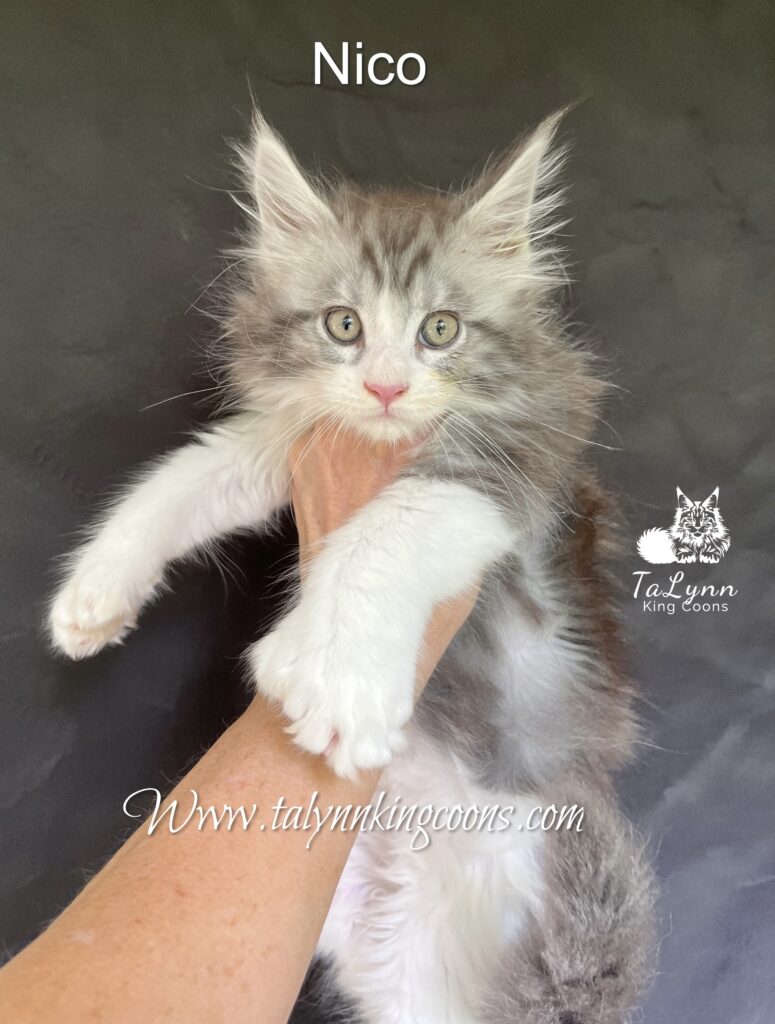
Stunning Nico was born right here at Talynn King Coons. His dad is Sklyer and his mom is Eliza.
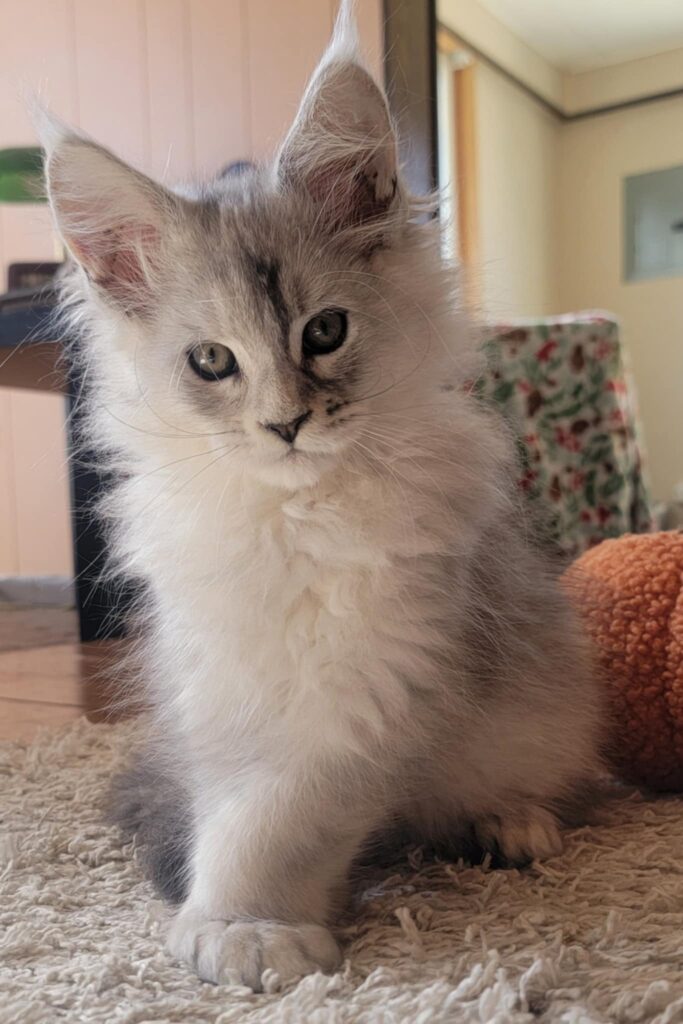
King Evander – Black Shaded Poly Maine Coon. Excellent personality & excellent Quality
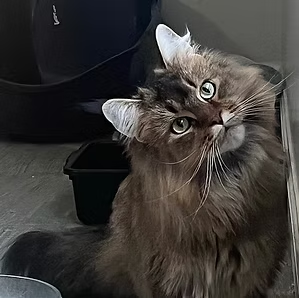
Maine Coon Queen Beautiful Black Golden one of the rarest colors for Maine Coons.
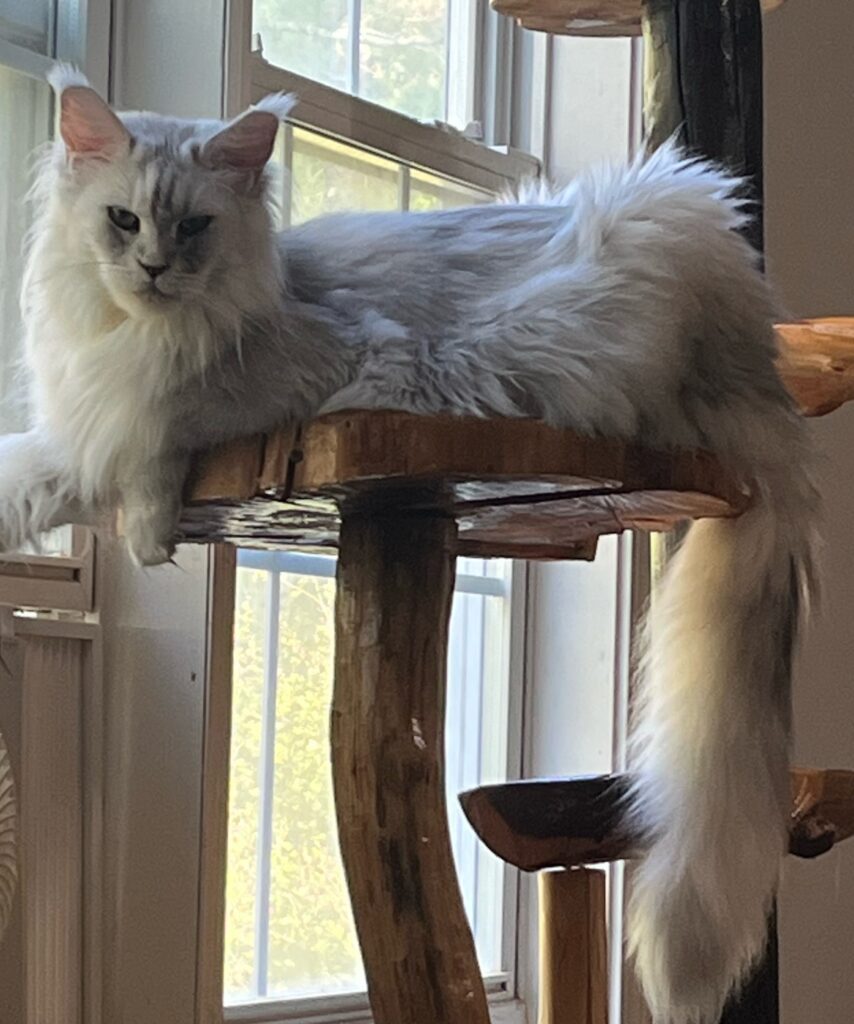
My beautiful sweet, torbie Shell/Chinchilla girl is so sweet and cuddly. I am so very excited to see her babies
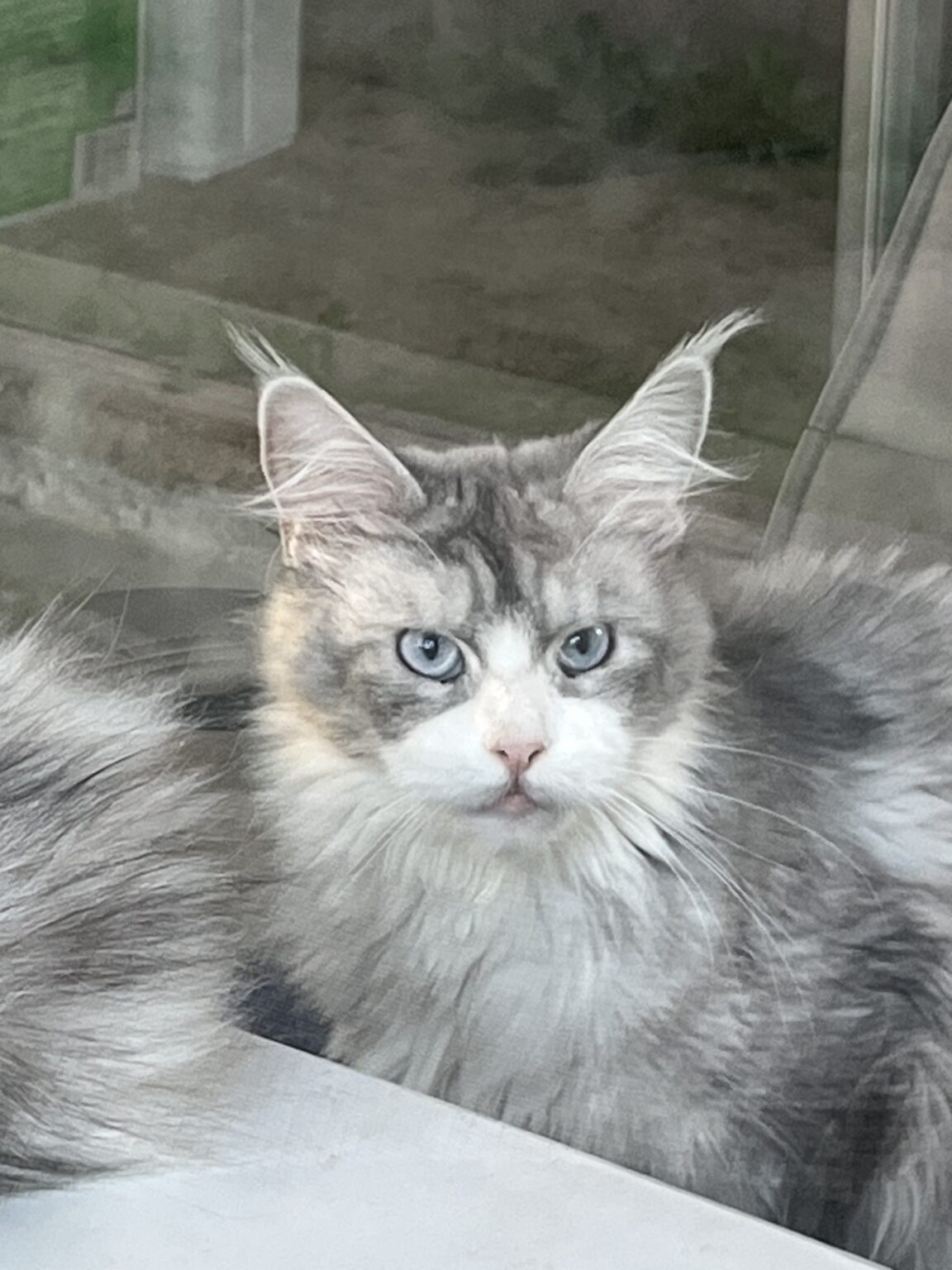
Maine Coon Queen of TaLynn’ My beautiful Blue eye girl from shaded & white lines
We welcome you to Virtually visit our best maine coon cattery in Georgia, to meet our kittens and see our facilities. Maine Coons are known for their friendly temperament and robust health, and we provide personal attention and support during and after the adoption process. Schedule a visit today and let us help you find the perfect addition to your family!
© 2020 by TaLynn King Coons.
